:max_bytes(150000):strip_icc()/Frantz_Fanon-58b8921b5f9b58af5c2e403d.jpg)
Black Scholars Who Influenced Sociology
Two Sixtieth's for Fanon Lewis Gordon December 21, 2021 0 Photo from the Everett Collection. Frantz Marguerite Victor Fanon, whose adopted middle name was "Omar" during his participation in the struggle for national liberation in Algeria, died on December 6 th, 1961.
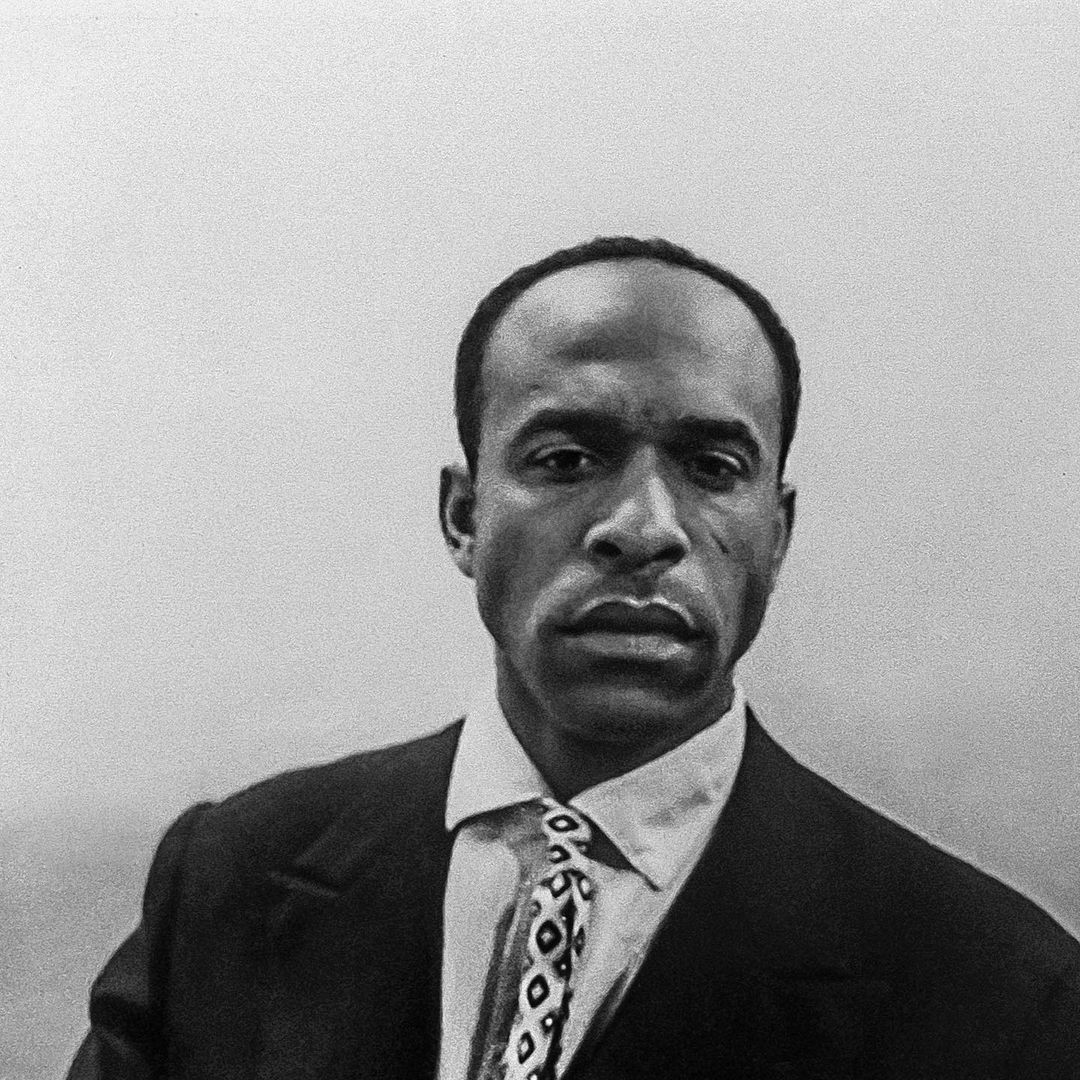
Frantz Fanon, psiquiatra, intelectual e militante revolucionário, foi autor da expressão
Frantz Omar Fanon (20 July 1925, Fort-de-France, Martinique - 6 December 1961, Bethesda, Maryland, U.S.) was a Martinique-born Afro-French psychiatrist, philosopher, revolutionary, and writer whose works are influential in the fields of post-colonial studies, critical theory, and Marxism.

Frantz Omar Fanon YouTube
Frantz Omar Fanon was born in Martinique on 20 July 1925. He died from leukaemia in Bethesda, Maryland, USA, on 6 December 1961, at 36 years of age. Fanon is best known for his critical philosophical and political writings published at the cusp of independence movements in France.
THE BLACK SOCIAL HISTORY BLACK SOCIAL HISTORY AFROMARTINIQUE " FRANTZ FANON " WAS A
Frantz Fanon : "I am black; I am in total fusion with the world, in sympathetic affinity with the earth, losing my id in the heart of the cosmos -- and the white man, however intelligent he may be, is incapable of understanding Louis Armstrong or songs from the Congo.
THE BLACK SOCIAL HISTORY BLACK SOCIAL HISTORY AFROMARTINIQUE " FRANTZ FANON " WAS A
Frantz Fanon " Frantz Omar Fanon (1925-1961) was one of the most important writers in black Atlantic theory in an age of anti-colonial liberation struggle. His work drew on a wide array of poetry, psychology, philosophy, and political theory, and its influence across the global South has been wide, deep, and enduring.
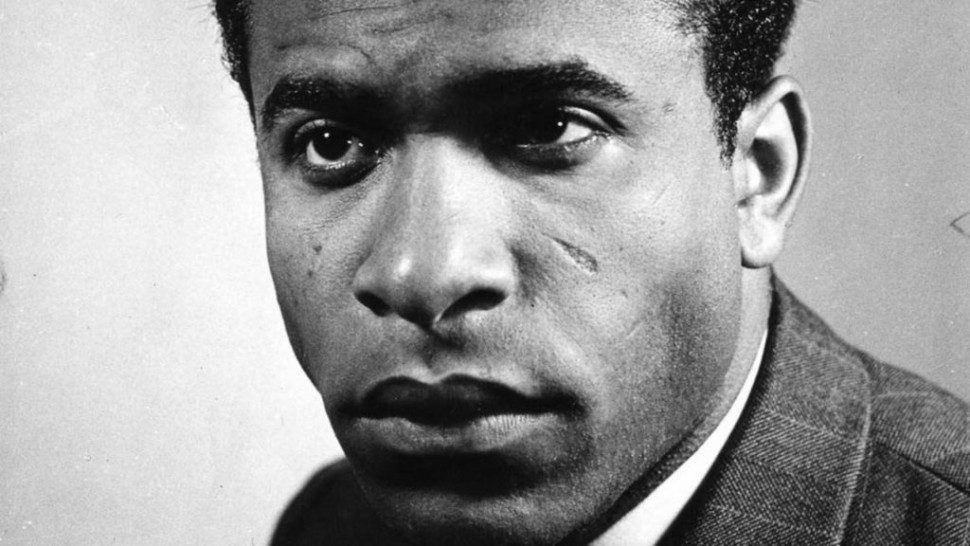
Frantz Fanon (An introduction in the Stanford Encyclopedia of Philosophy)
Born on the island of Martinique under French colonial rule, Frantz Omar Fanon (1925-1961) was one of the most important writers in black Atlantic theory in an age of anti-colonial liberation struggle.
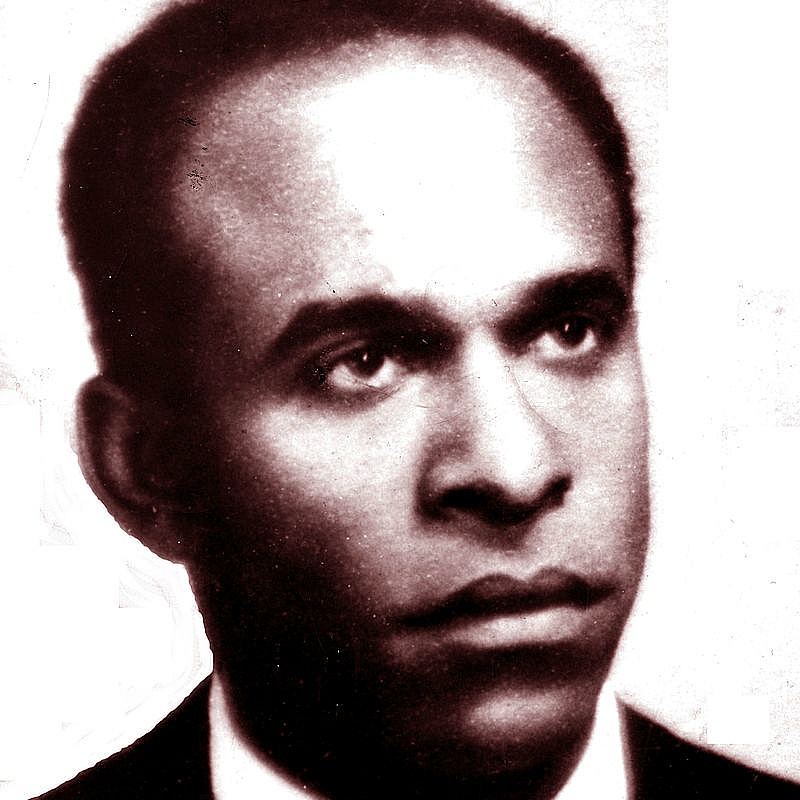
Fanon, Frantz Omar
Frantz Omar Fanon was born in 1925 in Fort-de-France, Martinique, a West Indian colony and later department of France. In high school, he studied under the Negritude poet Aime Cesaire, who nurtured his thinking on Black identity, the colony, and humanity. At age 18, Fanon traded poems for bullets and a uniform, joining the fight against the.
THE BLACK SOCIAL HISTORY BLACK SOCIAL HISTORY AFROMARTINIQUE " FRANTZ FANON " WAS A
Frantz Fanon's Enduring Legacy The post-colonial thinker's seminal book, "The Wretched of the Earth," described political oppression in psychological terms. What are its lessons for our current.
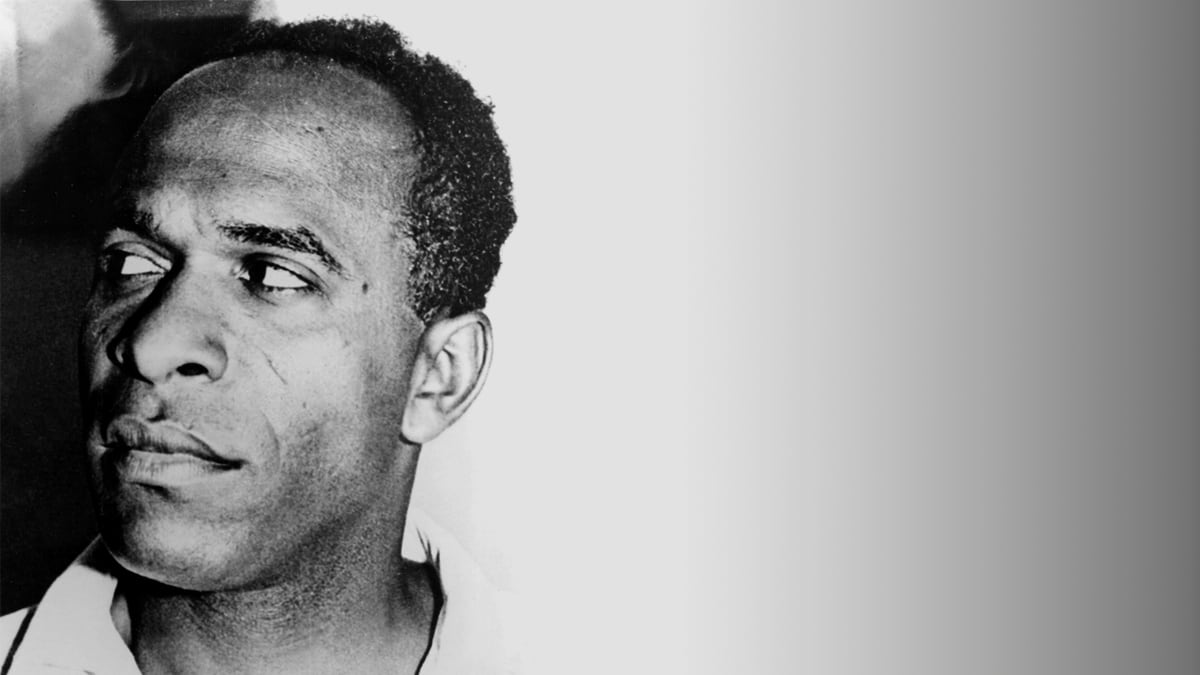
Frantz Fanon um clássico para entender o colonialismo Cultura EL PAÍS Brasil
Frantz Omar Fanon (fah-nohn), who became a cultural and ideological symbol of the cause of Third World revolutionism in the 1960's, was born on the Caribbean island of Martinique. A speaker of.

Quotes of Frantz Fanon AZ Martinique
Frantz Fanon (July 20, 1925-December 6, 1961) was a psychiatrist, intellectual, and revolutionary born in the French colony of Martinique. Fanon wrote about the effects of colonialism and oppression in books such as "Black Skin, White Masks" and "Wretched of the Earth."
Frantz omar Fanon (huile sur carton) Peinture
Frantz Fanon (born July 20, 1925, Fort-de-France, Martinique—died December 6, 1961, Bethesda, Maryland, U.S.) West Indian psychoanalyst and social philosopher known for his theory that some neuroses are socially generated and for his writings on behalf of the national liberation of colonial peoples.

Livro com traduções inéditas de Frantz Fanon é lançado no Brasil
Frantz Omar Fanon ( / ˈfænən /, French: [fʁɑ̃ts fanɔ̃]; 20 July 1925 - 6 December 1961) was a Francophone Afro-Caribbean psychiatrist, political philosopher, and Marxist from the French colony of Martinique (today a French department ). His works have become influential in the fields of post-colonial studies, critical theory, and Marxism.
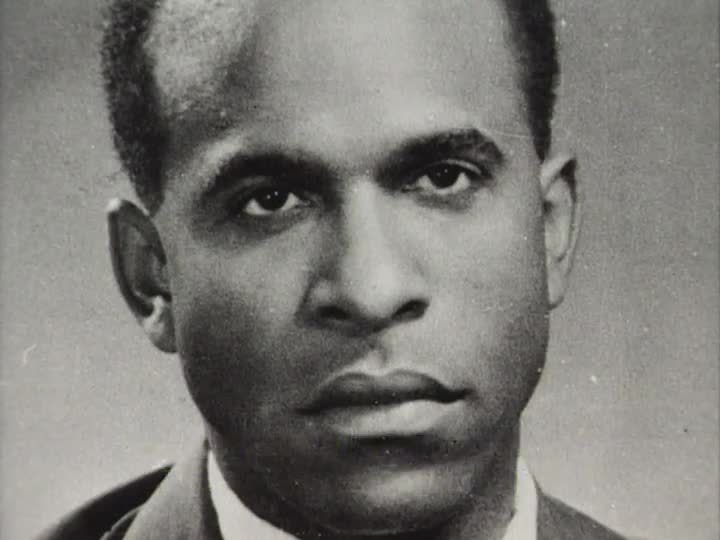
Black Kudos • Frantz Fanon Frantz Omar Fanon (20 July 1925 6...
In what follows below, Winston Trew, a long-standing activist of the Black community in Britain, uses Frantz Fanon's anti-colonial theory, increasingly en vogue in IR and political science, to provide meaning to the events that surrounded the "Oval Four" episode in 1972—a crucial moment in the confrontation between Black Power, the postcolonial.
THE BLACK SOCIAL HISTORY BLACK SOCIAL HISTORY AFROMARTINIQUE " FRANTZ FANON " WAS A
Frantz Omar Fanon, a political philosopher and psychiatrist, is a pioneer of decolonial literature and theory, yet is often overlooked within the field of security studies and International Relations.. Born in the French overseas territory of Martinique in the Caribbeans, he was heavily influenced by the 'Negritude' movement. A movement led by black writers who joined together through the.
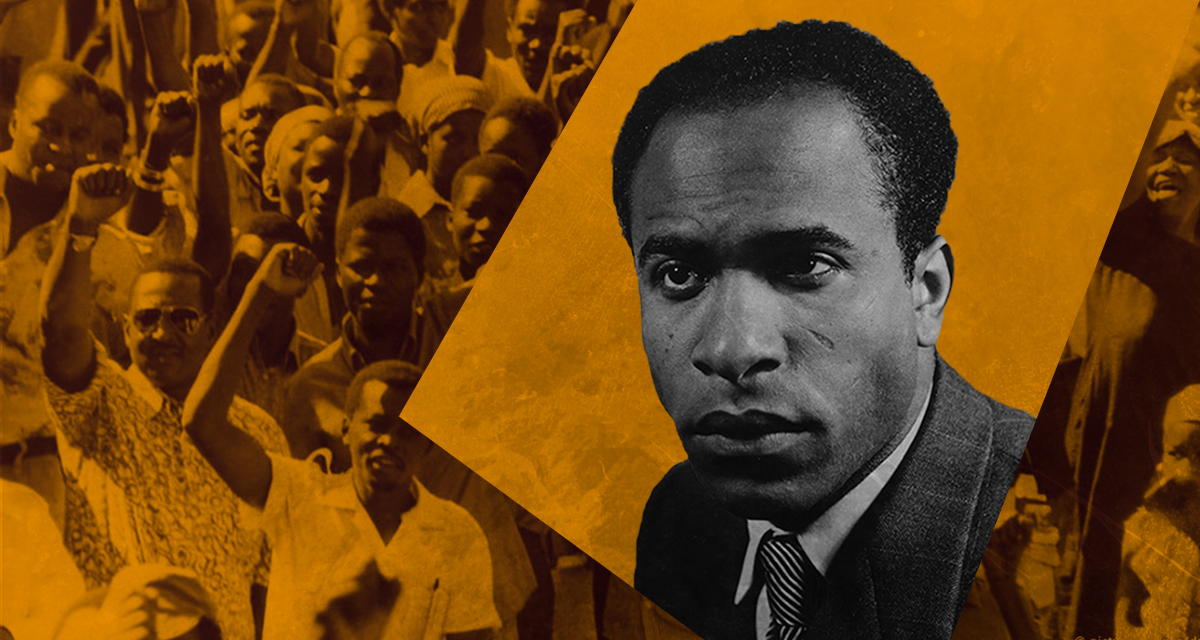
TRANSCEND MEDIA SERVICE » Frantz Fanon (20 Jul 1925 6 Dec 1961)
Frantz Fanon was born in the French colony of Martinique on July 20, 1925. His family occupied a social position within Martinican society that could reasonably qualify them as part of the black bourgeoisie; Frantz's father, Casimir Fanon, was a customs inspector and his mother, Eléanore Médélice, owned a hardware store in downtown Fort-de.
Frantz omar Fanon Peinture
Frantz Omar Fanon , was a French West Indian psychiatrist and political philosopher. He was from the French colony of Martinique. Now, it is a French department. His writing is important for studying postcolonialism, critical theory and Marxism.